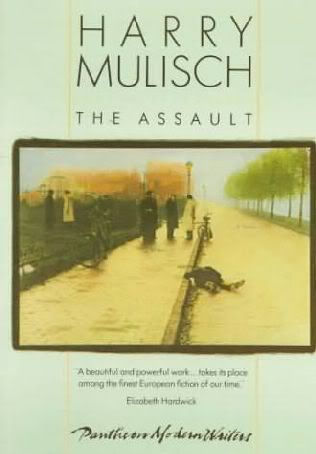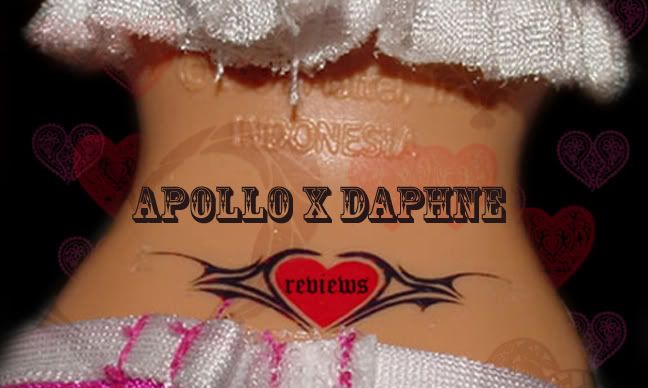
The Assault is a haunting, fascinating look at the effects of one traumatic event on a single life. The novel traces the events of a small neighborhood in Holland at the tail end of WWII. Anton Steenwijk is a twelve-year-old boy living with his mother, father, and brother Peter; his neighbors include the reclusive Aartses, the Kortewegs, and the kind elderly couple the Beumers. However one night before the end of the war a highly unpopular local S.S. officer, Fake Ploeg, known to be the perpetrator of many heinous crimes, is shot in front of a neighbor's house by the Underground (the resistance). Anton's neighbors, the Kortewegs, move the body in front of Anton's house (ironically named Carefree), and thus Anton's house is burned to the ground and his entire family is executed by the S.S. in retaliation.
The book follows Anton's life after the incident-his attempt to lead an inconspicous life, his conscious burial of the past, and his repression of his memories. There is a distinct struggle between fate and existentialism as over the course of Anton's life he comes into contact by chance with the people involved in that night-first the Beumers, who witnessed the execution; Fake Ploeg's son, blinded by love for his father; the man who shot Ploeg knowing the potential consequences for a family in Anton's neighborhood; and finally a member of the Korteweg family who helped move the body.
The book is translated, but the style comes through as stark and crisp. Metaphors are spare but effective when used, however symbolism is rampant (e.g. key, stone, boats).
Anton's unintended exploration of the past is just as riveting as the ultimate conclusion he reaches about the events of that night, and we can only sit, captivated, watching his unwanted journey. Anton's own ambivalence and unwillingness to judge others creates an environment where we can only take things as they come and be just as perplexed as Anton. The book blurs the lines of morality completely, throws right and wrong into chaos by presenting entangling situations, and challenges the concept of who we blame for events which happen in life.
-elln

No comments:
Post a Comment